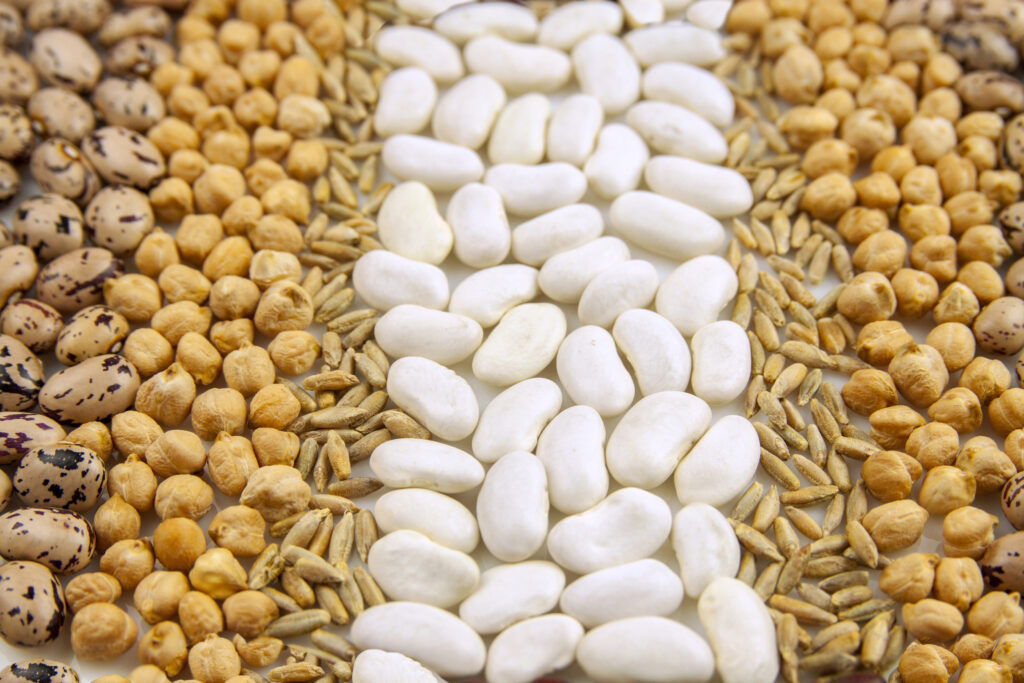The Magic of Beans (and Blackberries)

By Maria Price
In modern times, the plants we typically associate with autumn, and also Halloween, are pumpkins, apples and mums. But in earlier times across England and Europe, other plants held more significance this time of year. Beans and blackberries used to be the significant plants of the season.
Beans, an important crop in eastern England, were considered magical because it was believed that the souls of the dead lived in the flowers. Beans had magical implications from the sowing to the harvest. According to Adelma Simmons in A Witches Brew, if one bean came up white, a death would occur in the family. Sweet-smelling flowers, like those of beans, were associated with death. Children would repeat the verse “God save your soul, beans and all.” In Leicestershire, to sleep overnight in a bean field caused insanity. However, if you were in an area where witches abound, if you put a bean in your mouth and spit it out at the first witch who accosts you she will disappear.
Throughout the world, beans have been used in magic or rituals. The Egyptians made it one of their objects of worship and even forbade its use as food. The Greeks used them as ballots in voting, and the Romans consecrated beans to the souls of the dead. Finding a bean in a Twelfth Night cake was said to bring good luck to the finder.
Here in Maryland, in late October, we have our own magical beans. I grow green beans on an arch, which provides some shade in the garden, and they will keep bearing until frost. They didn’t start bearing until August, as opposed to bush beans, which bear all at once in June and July and basically finish in one flush. Pole beans, on the other hand, bear late in the season but keep producing. Plant the seeds one inch deep after soil temperatures are above 60 degrees. You can grow them on a trellis, mesh fencing, or a four-pole teepee.
I was delighted to find some clusters of green blackberries in our blackberry row, but that wouldn’t have been a welcome sign in ancient times. In Sussex, the 10th of October is set as the last day of “blackberrying”—also called Old St. Michael’s Day. This is the date, supposedly, when the Devil was thrown out of Heaven. He landed in a blackberry stand, much to his great discomfort, spit on the berries and cursed them. It was believed that if you picked and ate one after this date, you would become ill and die.
So make sure to wash any blackberries picked after October 10—and generally, wash all your produce before eating. Have a safe and spooky Halloween.
